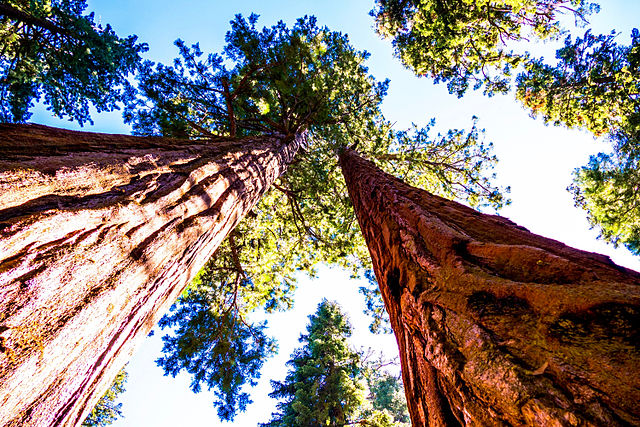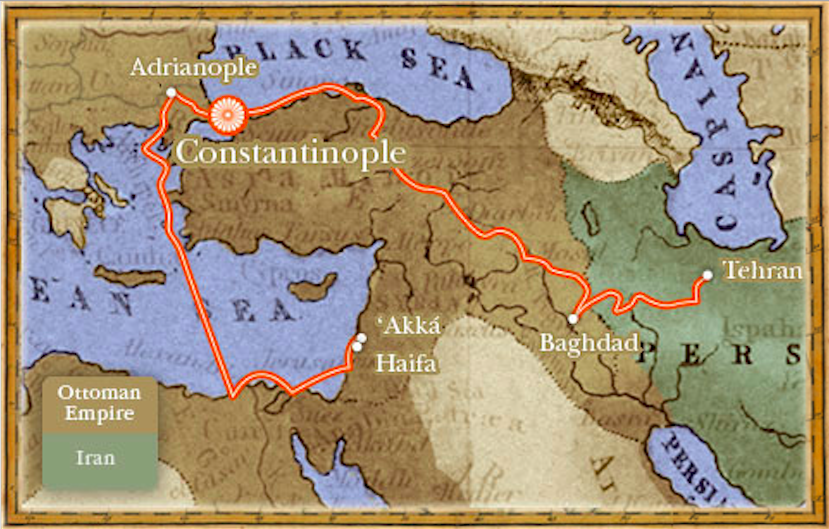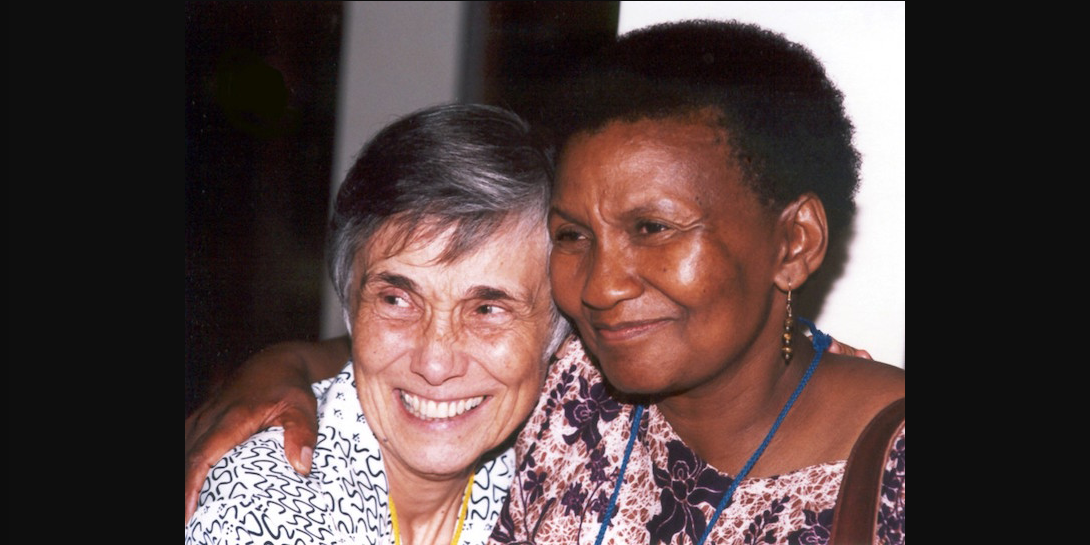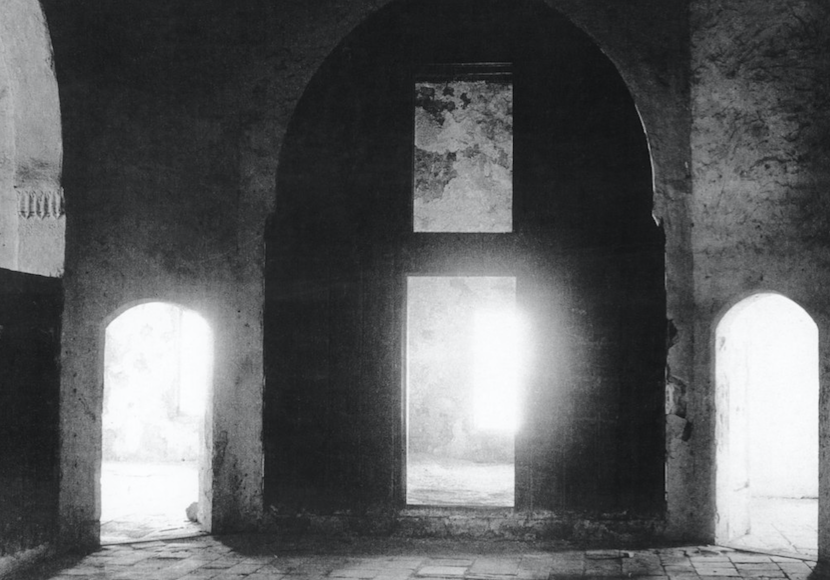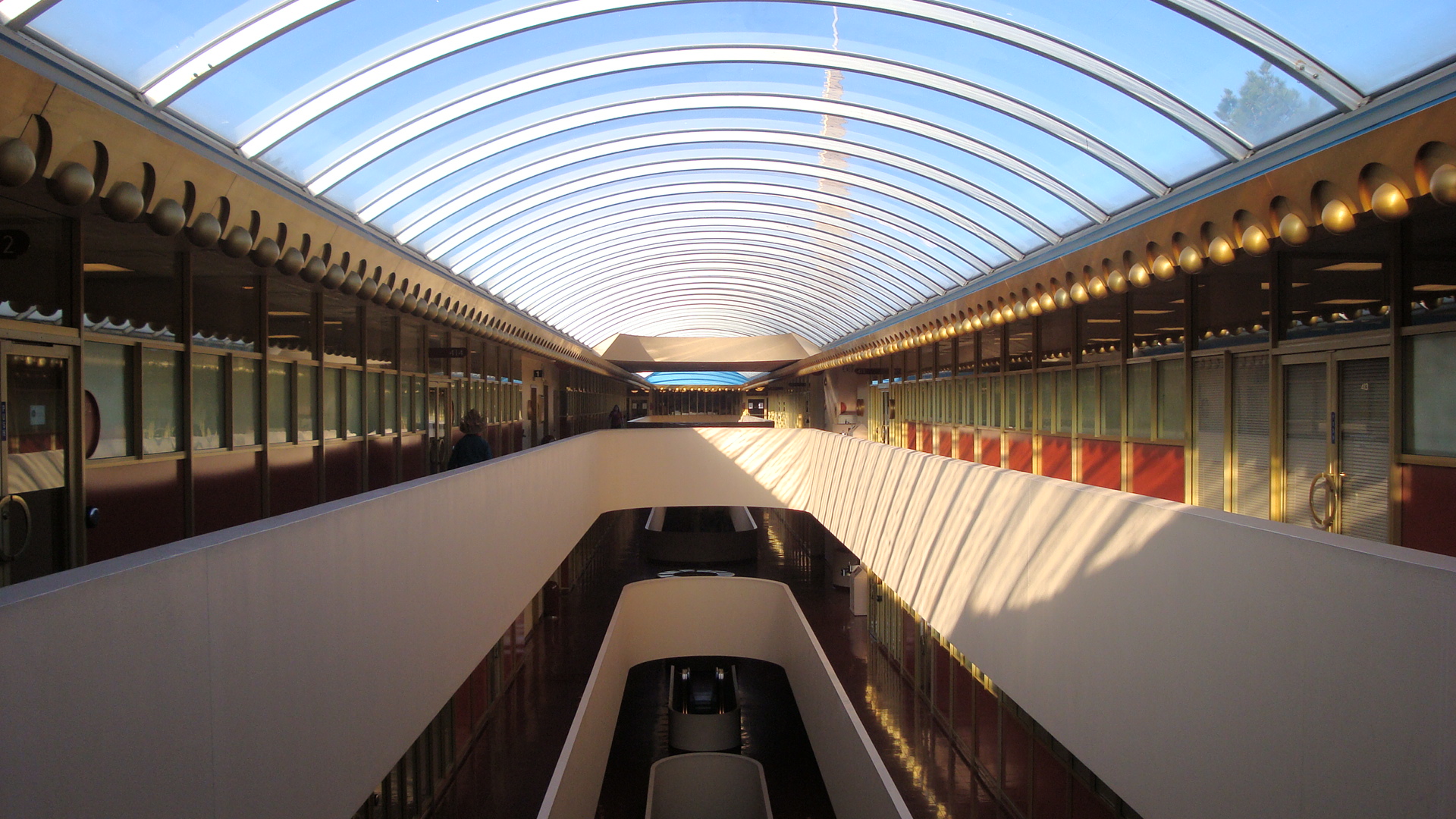-
A Different Kind of Power
Lust for power, or an addiction to it, once acquired, or the endless contest for power, is at the heart of much human suffering. Baha’u’llah was a Persian nobleman. His birth gave him power over others, had he desired it. He rejected that kind of power although offered to him by the vizier of the Shah when he was a young man. In the the Sultan’s Puppet Show, we saw that even as a child, Baha’u’llah saw such power as meaningless. The following, addressed to Napoleon III (when Baha’u’llah was himself a prisoner and exile) couldn’t be clearer: Exultest thou over the treasures thou dost possess, knowing they shall perish?…
-
The borders of virtue and power
Closing borders: to refugees, to undocumented migrants, raises questions of virtue and questions of power. The public debate around borders is so fractured, so superficial, so bedevilled with assumption and ritual conflict that it conveys little new meaning. It simply reiterates the existence of a continuing contest – a contest that often is more about power than rights. In this contest we see progressively increasing brutality and violence. Resort to force, implicit or explicit, is the modern day tool of choice underpinning this public debate. Whether in the sophisticated armory and defenses of international borders or the increasing instances of riot of those who assert their freedom. The tiny island of Lampedusa saw such an example this…
